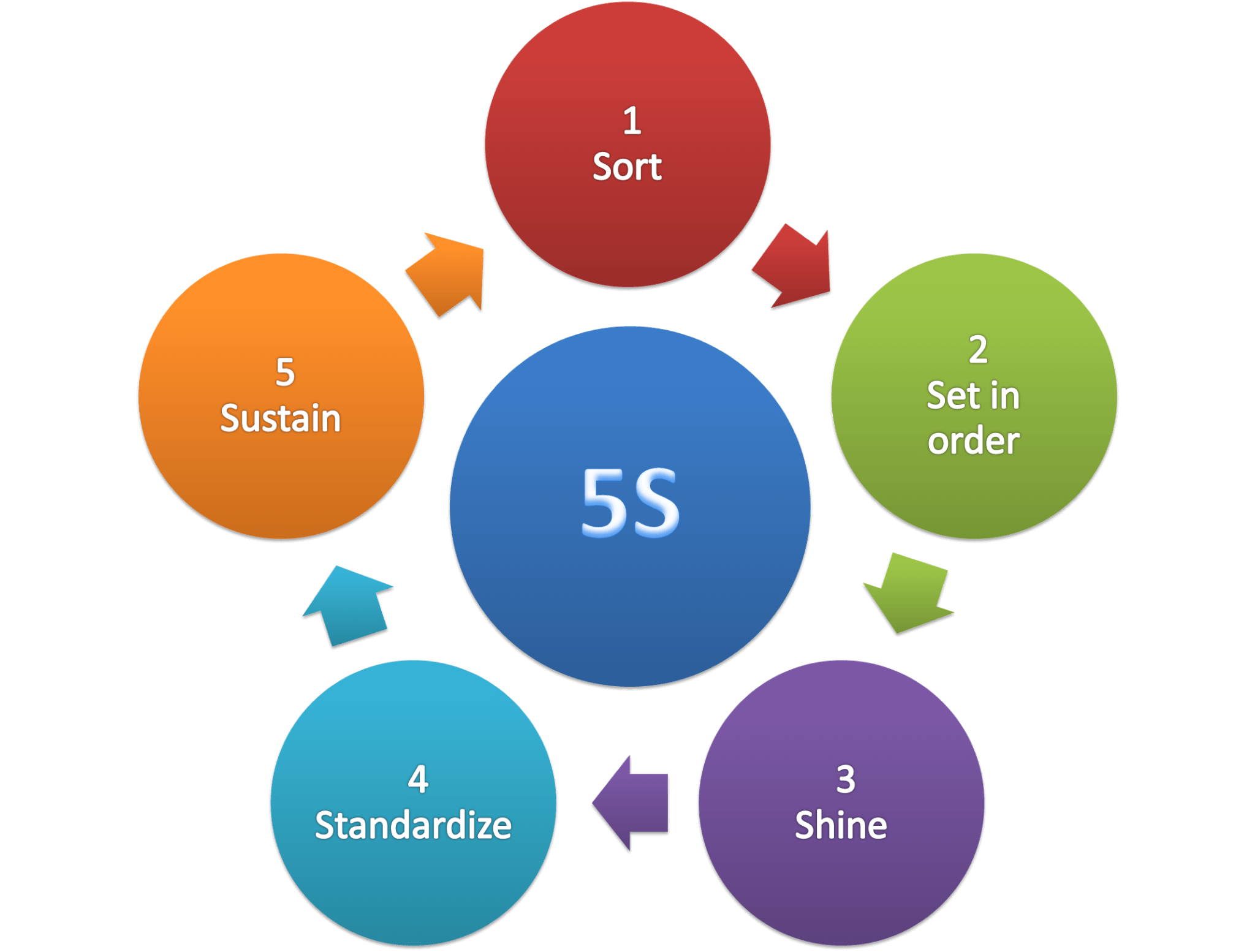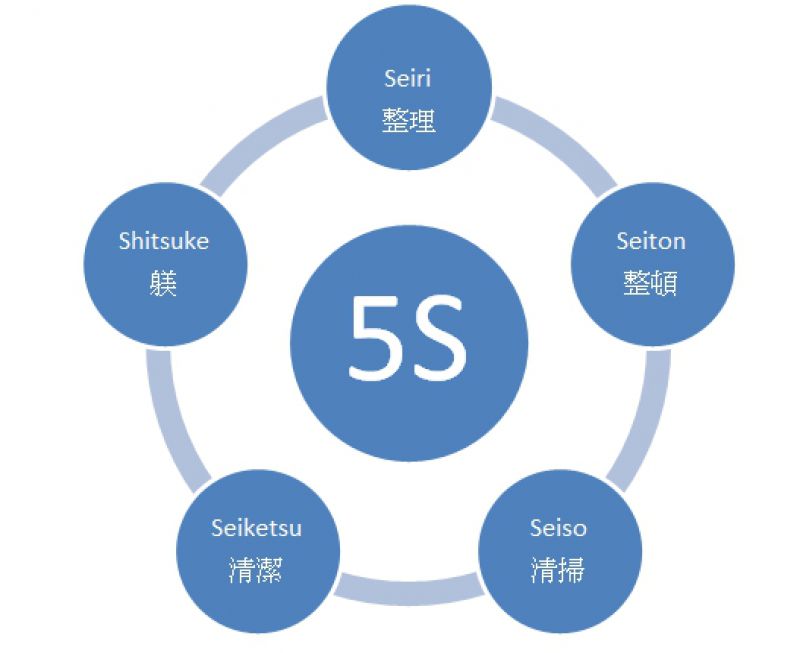WORKING RULES IN JAPANESE COMPANY
Vietnamese workers come to Japan to work in addition to learning to improve their skills and develop themselves, mainly because companies in Japan attract workers with high salaries and good benefits. But working at a company in Japan also requires you to adapt to a new, serious and creative environment "The Japanese way".
Once you have worked in Japan, there are rules and office cultures that you need to know. One of the good examples is “5 minutes before work starts, be ready”. Personal subjective actions such as "A little is fine" will lead to the consequences of losing others' trust in them, hindering the progress of work, even disturbing the order in the workplace. interal company. As an employee in a company in Japan, you should abide by the regulations.
1. COMPLIANCE WITH HOURS
The whole world has to bow its head in respect to the people and country of Japan because they live extremely principled, always on time anytime, anywhere and punctuality is considered as a habit in the life of Japanese people. Therefore, when workers come to Japan to work, or work in Japanese companies, you need to learn this.
One of the most basic of the basics when working with Japanese people is the issue of time compliance. Remember that no matter what you do, you must complete the prep work 5 minutes before the scheduled time. If you are late for an appointment, then you need to contact the other person, inform the current situation, the estimated time and apologize for the inconvenience. Avoid vague expressions like "Immediately" and "In a little while" because if you don't say a specific time, it will not only increase the other person's discomfort, but it may also lose the trust of the other party. they are for you. In short, the Japanese point of view is that it is up to you to go to work sooner or later, not to blame the circumstances.

2. COMING TO WORK AND WORKING
Getting ready at the start of work and seriously working until the end of the shift is a basic working attitude. Attitudes such as "Start working at 9 o'clock, so you can go to the company at 8:59 am" or "5 o'clock is the end of work, so you'll be right back at 5 o'clock" are unacceptable. When you finish work early and leave earlier than other co-workers, it's a good idea to say hello first like "I'm sorry" or "Do you need any help?"
3. ALWAYS REMEMBER THE 5S RULE
5S is the name of a method of managing and arranging workplaces in Japan. It stands for 5 words in it: Seiri (整理 Sort), Seiton (整頓 Arrange), Seiso (清掃 Clean), Seiketsu (清潔 Care), and Shitsuke (躾 Ready).

❧ Seiri: Always perform a screening of unnecessary things at work such as old documents, papers, project information… and throw them away. Always arrange work, schedule in a specific and detailed way.
The Japanese have a habit of using notebooks to memorize tasks. schedule needs to be done. Vietnamese people have a habit of using memo tools or smartphones to memoize schedules or work tasks, but believe me, writing by hand in a notebook and creating a habit of holding and checking daily recorded content will help you. remember and be aware of things to do instead of entrusting that reminder to those electronic aids.
❧ Seiton: Always arrange things neatly and neatly so that when needed, you can immediately find what you want.
❧ Seiso: Always maintain hygiene at work. Clean tools and personal belongings by yourself.
❧ Seiketsu: Always adhere to and follow the 3 principles above.
❧ Shitsuke: Train and train people to have the habit of voluntarily implementing the above 4 principles.
4. FOLLOW THE RULES
In case you go out, you are called by your boss, or because you have a guest, you should leave your seat, then push the chair under the table neatly, and at the same time notify the people around you where you are going. Neatly arrange papers and unfinished items on your desk. If you do not arrange it neatly, it is very likely that unexpected situations such as lost documents will occur.
When you work outside, because the work is long, so you return to the company later than the scheduled time, quickly report the situation to your superiors and ask for instructions. You can't make your own decisions and go straight home.
Regardless of whether it is for personal reasons, you are not allowed to leave your seat or go out without permission.
In addition, when working with Japanese people, you need to pay attention to the following points:
✜ Fairly, obviously don't want to owe anyone anything, so if you go to Japan to eat with friends and colleagues, don't be surprised when everyone pays separately.
✜ The Japanese are also very attentive to reviews and comments, so when working with Japanese people, you can rest assured that they will accurately evaluate you as a person.
✜ They always want to see the progress of employees, even though your starting point may be low from communication skills to work experience. However, if you progress quickly and that progress is brought by the Japanese, they are very satisfied.
✜ Absolutely follow the regulations of the company you work for.
✜ Avoid disturbing others, especially do not touch other people's belongings without permission.
✜ The personality of the Japanese is quite similar, especially in Tokyo and big cities, everyone is the same because the formal education system is deeply rooted in the subconscious of every Japanese person.













